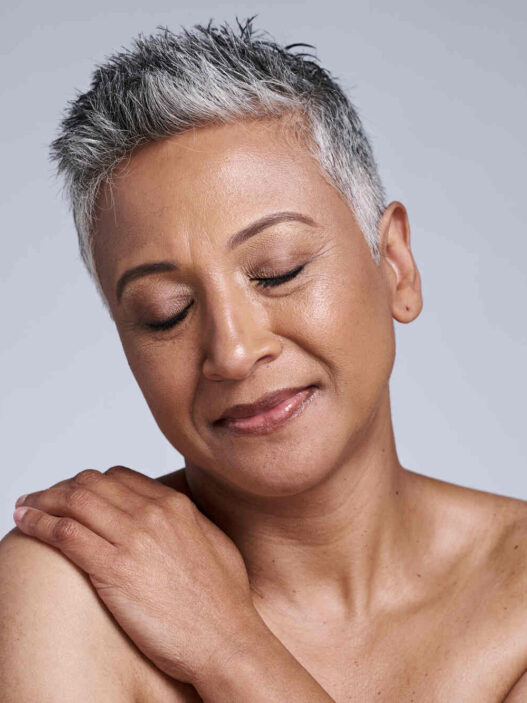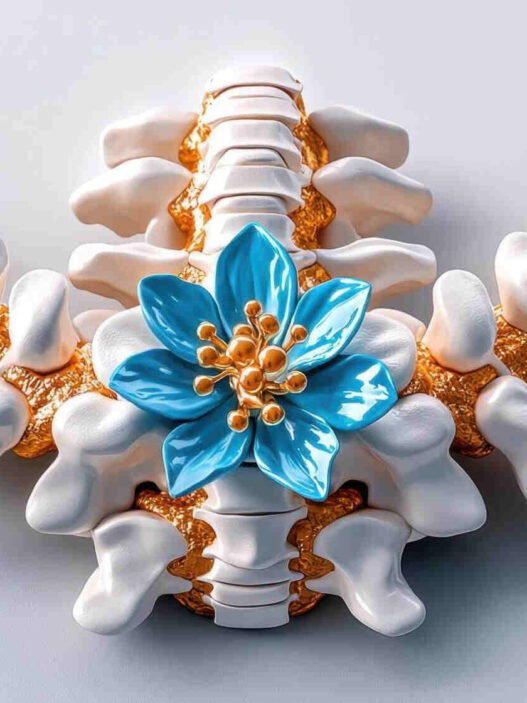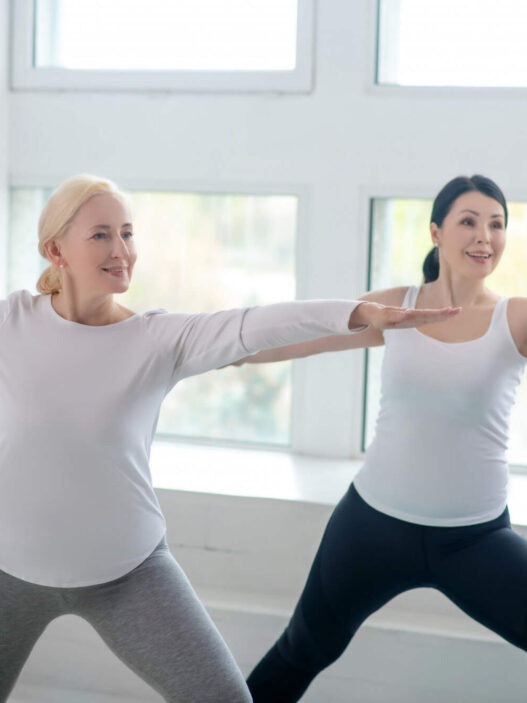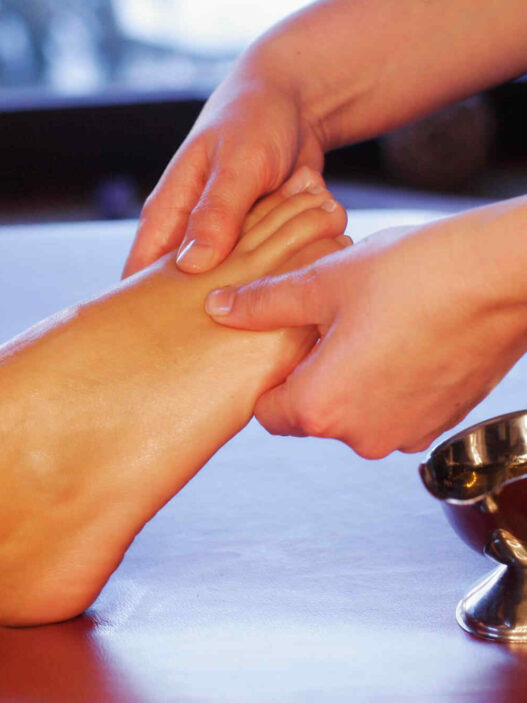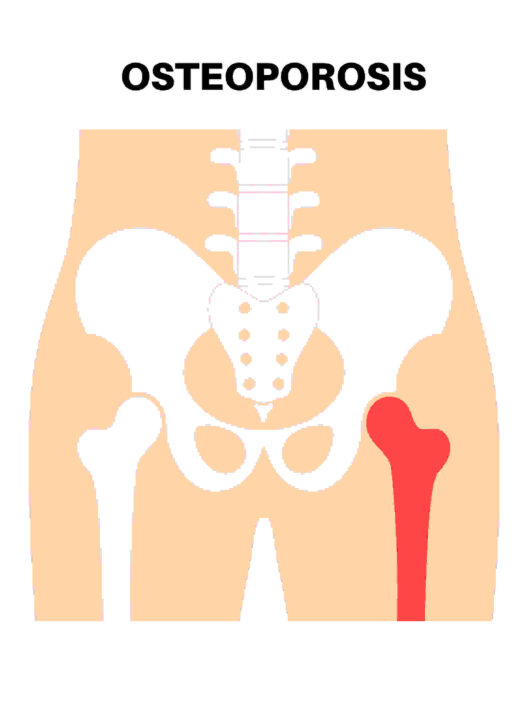If you are a woman in midlife, you have probably heard a lot about menopause recently in the media. But what is menopause, and why is the menopause transition often referred to as a challenging negative time in a woman’s life?
Today, approximately, a third of women are going through menopause right now. The average age of menopause is 51, but the main hormonal changes occur in the years preceding this occurrence. This time is called Perimenopause. And in fact, menopause is only the day 12 months after you last had a period after which, you are a post-menopausal woman.
Why is the Menopause Transition Such a Challenge For The Modern Midlife Woman?
- There is a lack of information surrounding menopause, rooted in ‘shame’. And the sense that women will experience an irretrievable loss of identity and value as they age.
- There is limited education of healthcare providers. Many medical schools still see menopause training as an elective. Even though every family doctor will encounter patients presenting with menopause symptoms, this is true.
- We also have a lack of menstrual ‘cycle literacy’ as many women have spent most of their reproductive life on the contraceptive pill
- The impact of the modern ‘Environmental Toxin Load’, endocrine disruptors and literal changes on our genes!!
- Too many of us live in a “Youth for the win” centric culture that denigrates and pushes older women into invisibility. The ‘Matriarch to Crone’ transition is being devalued within society.
Unlike the previous generation, menopausal women make up a significant workforce. Unfortunately, we are too often entering into menopause depleted through just DOING TOO MUCH FOR TOO LONG. This leads to stress compounding menopause symptoms and makes menopause transition difficult.
Again, unlike our mothers and grandmothers, pregnancy is frequently colliding with Perimenopause. So women are having babies later in life. So the natural descent in fertility hormones receives a UPSWING of a later life Pregnancy!
We are spending 1/3 of our lives post-menopause. And while the negative PHYSIOLOGICAL symptoms of menopause are a ‘big deal’. So are lifestyle, cultural norms, socioeconomic pressures and status, personality type, and even adverse childhood experiences.
Preparation for and perception of Menopause MATTERS!
Understanding the Stages of Menopause
The complete menopause transition can last anything from 3 years to 15 years. The length is decided by multiple factors including your genetics, your lifestyle, and your past and current state of health. Most women commonly enter this time in their mid-40s. Still, several women may become menopausal earlier due to surgical or chemical interventions like having a hysterectomy or chemotherapy. And some women suffer from conditions like premature, ovarian insufficiency (POI), and these women can enter menopause in their teens or early 20s.
Typically, many of us after entering our 40s can experience shorter and more erratic menstrual cycles, typical of documenting what I call the Perimenopause Phase1. This is when the hormone progesterone starts to decline. As progesterone is the ‘keep calm and carry on hormone’, we can experience mood changes and sleep problems. Later into Perimenopause, estrogen will decrease, and our periods will become lighter and more infrequent. We may develop many commonly known symptoms like weight gain, hot flashes, energy dips, and vaginal dryness as we go through this phase. The final piece in the hormone puzzle is testosterone, which we produce 3 x more than estrogen. As this declines, we can experience fatigue, hair growth and hair loss, and a drop in our libido. There are close to 40 symptoms of menopause, and each of us will share our unique cocktail.
Once we reach menopause, our ovaries no longer produce sex hormones. Instead, our adrenal glands take over that role and produce sufficient hormones for our body to function.
How Can I Manage my Menopause Transition Better?
Every decade has a cumulative effect on our hormonal health. What we do in our 20s and 30s will impact our menopausal journey, and we will feel it if we are not taking care of ourselves. So whether you are struggling with menopausal symptoms, it is essential to make changes that support you during this time and give you a strong foundation for aging and help achieve a smooth menopause transition.
The symptoms we experience in menopause result from hormone imbalances, but the cause of the imbalance is what we need to focus on. The reasons usually include one or more of the following:
- Lack of adequate nutrition
- Ongoing unresolved stress
- Blood sugar imbalances caused by too much sugar, alcohol, unrefined carbs, and caffeine
- Too much or too little exercise
- Environmental toxins found in our foods and many homes and personal care products
The Role of Nutrition In Menopause Transition
To support ourselves, we should start with food as our foundation and also support our menopause transition.
An anti-inflammatory diet is highly recommended to support hormone balance. This is a diet that improves gut and cognitive function. A plant-based diet that contains a rainbow of vegetables and phytoestrogens that help hormone production and regulation, e.g. pulses, seeds-like chia seeds, and linseed, is optimal. And for additional support of the gut microbiome, a daily intake of fermented foods like kimchi, sauerkraut, or kefir.
Women in Perimenopause and menopause need to increase the quality and quantity of protein, preferably organic and including at breakfast, for blood sugar support.
The advice is to reduce refined carbohydrates, sugars, and other known allergens like alcohol and caffeine. And ensure adequate hydration and, where necessary, supplement with essential nutrients like eicosapentaenoic acid (EPA) and docosahexaenoic acid (DHA) found in fish oil that supports healthy brain function, vitamin D, and magnesium for bone health.
Lifestyle Changes – Exercise
Though frequent workouts have been proven as a means of reducing menopausal symptoms, there is evidence that regular exercise can improve your hot flashes. Exercise can help you sleep better and support your mood swings, depression and anxiety. In addition, exercise and movement help reduce stress and enhance your quality of life. Exercise can also help you thrive through your menopause transition.
Regular exercise is also an excellent way to manage conditions that are the killers of women as they age – heart disease, osteoporosis, dementia, and Alzheimer’s disease.
So, what is the best exercise and movement in menopause – well, the one you do! But there is evidence that strength training should be a key component. Because osteoporosis risk skyrockets, strength training exercises will help to build bone and muscle strength, burn body fat, and rev up your metabolism.
Lifestyle Changes – Sleep
Sleep disturbances are common during perimenopause, menopause, and postmenopause.
The decline of estrogen contributes to disrupted sleep. They lead to symptoms from hot flushes and sweats (vasomotor symptoms) to anxiety and depressed mood. Joint aches and pains, restless legs, and bladder problems such as passing urine at night are also expected consequences of estrogen decline and can cause sleep disruption.
Exercise, nutrition, and managing stress are essential levers that can get a good night’s sleep. However, there are times when you cannot control things, and you need a little help. Cognitive Behavioural Therapy has been shown to improve menopausal symptoms, including low mood, anxiety, and sleep disturbance.
Establishing a routine is very important for getting a good night’s rest. Establishing and sticking to set times may take a few weeks, so bear that in mind. Exercising regularly in the morning is recommended and if that is not possible, try to have at least 2 hours from working out to bedtime.
Having a wind-down routine at night, reducing the light, perhaps having a warm bath and switching off from social media, maybe doing some light reading instead. Have your last caffeine drink in the late afternoon/evening. Remember, alcohol does not help you sleep, so best avoided it if you can. Alcohol can lead to dehydration and wake you up at night.
Create a bedroom that is conducive to good sleep. Ensure your bedroom has a cozy feel. Ideally, the room should be cool, quiet, and dark. Get comfy! Good bedding and a good mattress are essential. Avoid watching TV in bed or using your laptop and phone.
Developing A Mind Over Menopause
My mission is to empower women to understand the positive side of menopause and aging. Too often, we focus on physical symptoms associated with perimenopause and menopause. It is important to pause on this cheerful piece of the puzzle. You may not believe an optimistic side to menopause, especially if you experience challenging symptoms. It comes down to that mind-over-matter thing. Being positive is a mindset. If you set that perspective in place, the lens you view this time in your life will completely change. It will also help you in a better menopause transition.
What the mind believes, the body achieves! Mindset fuels your menopause journey.
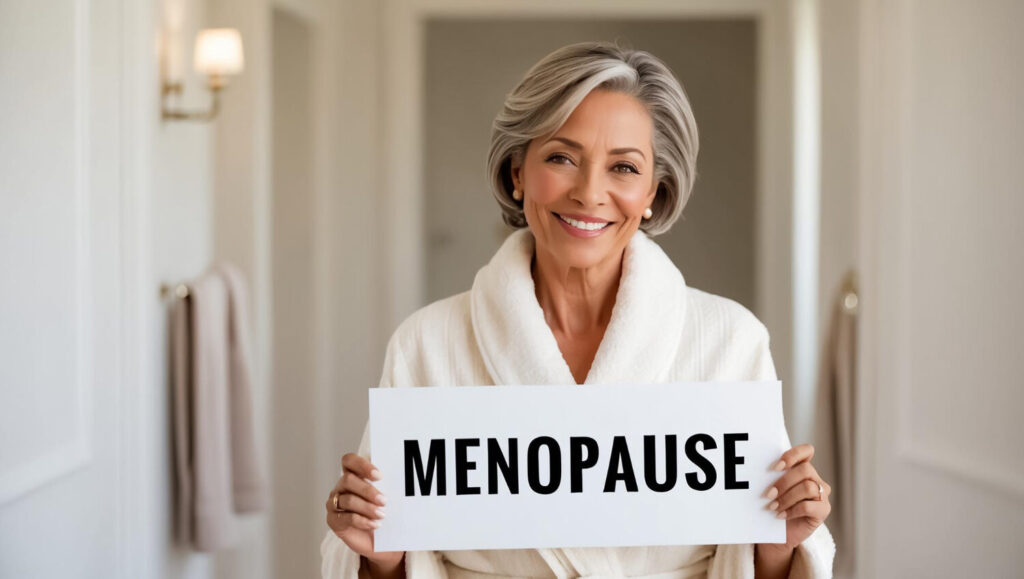
It may have been when your period first skipped a month (and you knew you couldn’t be pregnant!), or you had the initial hot flash that your body provides you with that first poke. It’s a warning to let you know that something different is starting to happen. If you are like most women, it catches you completely off guard. But If you begin to nurture your “Menopause Mindset” initially, it becomes the foundation of your menopause transition and experience. Your next half of life has no boundaries.
Research shows that the power of positive thinking affects everything from happiness to health outcomes. Positivity is a resource you can access to provide increased mindfulness, purpose in life, social support, and decreased illness symptoms.
The second half of your life offers unparalleled chances to embrace the positive. Some call it a “mind-body revolution”. It brings you the most significant opportunity for personal growth if you open your mind. Your choices include the quality of your relationships. You acknowledge and use the positive wisdom that you’ve learned over time. This knowledge provides self-control, self-care, emotional resilience, body acceptance, and the ability to distinguish the motives of others, to name a few.
You are in the driver’s seat!

Dr. Clarissa Kristjansson, Ph.D., is an internationally recognized menopause coach and educator, mindfulness, medical qigong and aroma point therapy practitioner focused on the positive and transformative nature of menopause. She is the host of the popular Thriving Thru Menopause podcast, author of the bestsellers The Mindful Menopause and “The Potent Power of Menopause: A Globally Diverse Perspective of Feminine Transformation” and creator of the Thrive coaching program.






